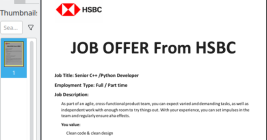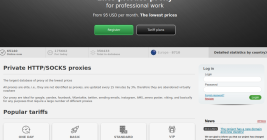3CX Breach Was a Double Supply Chain Compromise
We learned some remarkable new details this week about the recent supply-chain attack on VoIP software provider 3CX, a complex, lengthy intrusion that has the makings of a cyberpunk spy novel: North Korean hackers using legions of fake executive accounts on LinkedIn to lure people into opening malware disguised as a job offer; malware targeting Mac and Linux users working at defense and cryptocurrency firms; and software supply-chain attacks nested within earlier supply chain attacks.





